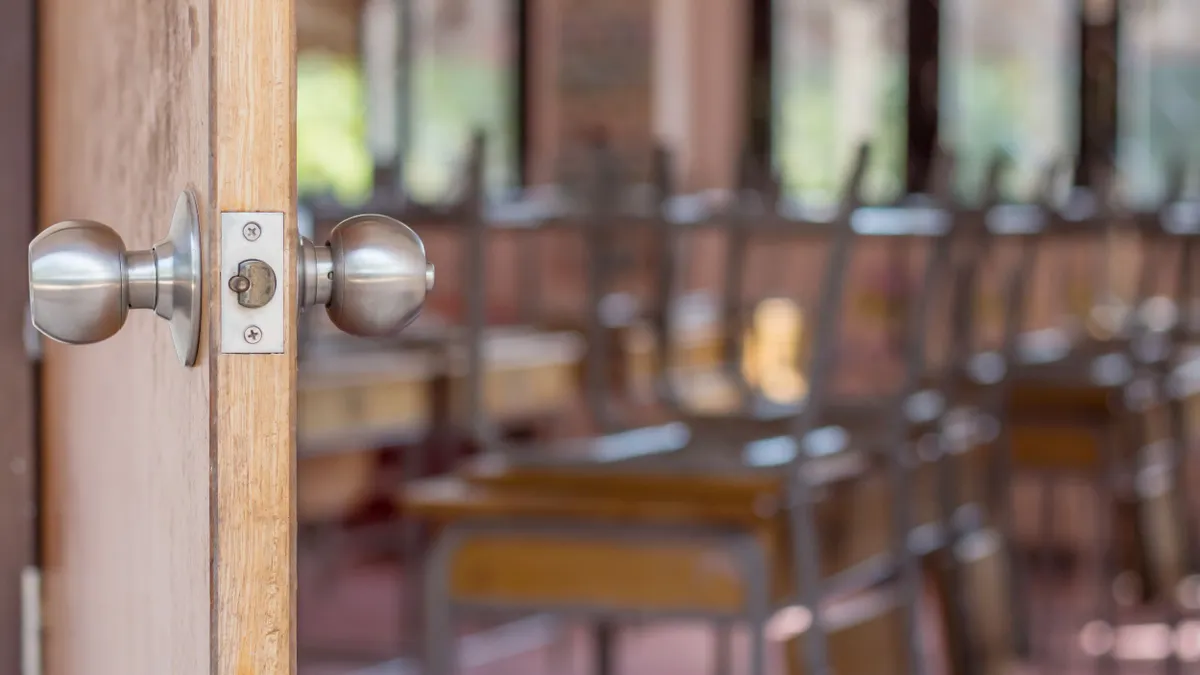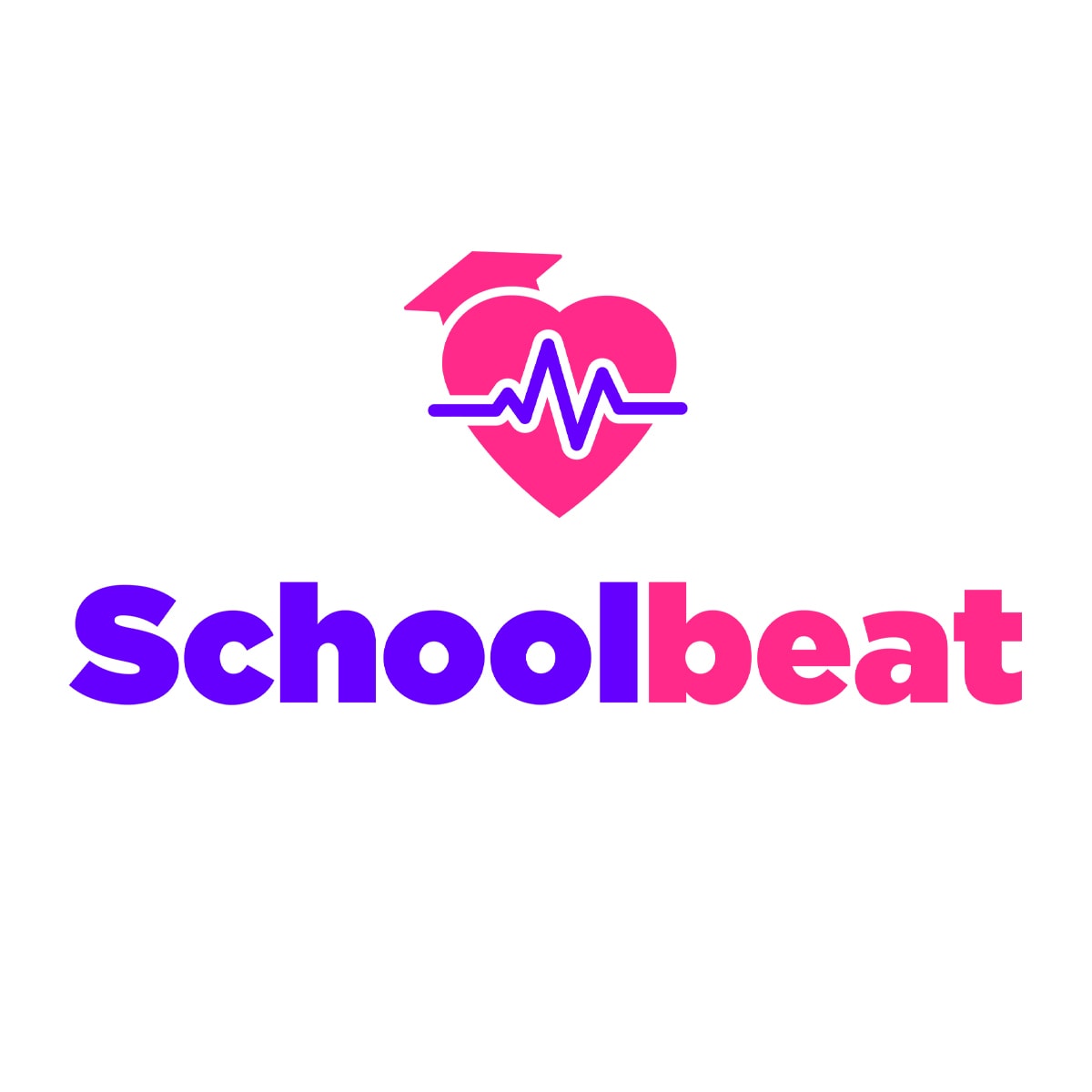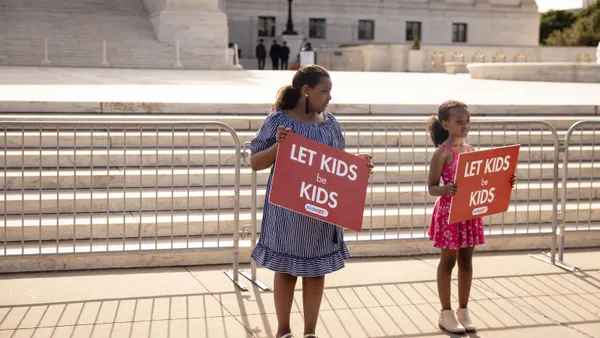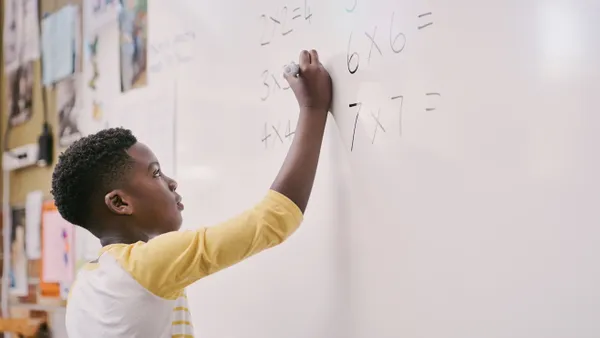Dive Brief:
- Most students report feeling engaged in school and taking pride in their work — but engagement drops as students get older, and less than half of middle and high school students feel like what they are learning in school is relevant to their lives outside of school, according to YouthTruth Student Survey results released Thursday.
- The findings are drawn from YouthTruth’s review of responses from over 230,000 students who have participated in the survey since 2012, and the analysis also shows that middle and high school students attending small schools (200 students or less in middle and 300 or less in high school) report feeling somewhat more engaged than those in larger schools. Large schools were defined as at least 1,200 students in high school and at least 800 in middle school.
- Another concerning finding is that only about half of middle and high school students — 52% — report that they enjoy coming to school most of the time. The survey also finds that girls (74%) are more likely to take pride in their schoolwork than boys (66%) and those who identify as other than male or female (44%).
Dive Insight:
Instruments such as the YouthTruth Student Survey are becoming increasingly important under the Every Student Succeeds Act as schools begin to look for ways to measure and share data on school climate and student engagement. Just yesterday, the Data Quality Campaign released an analysis of state report cards and highlighted those that are including information on areas such as school climate, absenteeism, and student and parent engagement. Some schools, such as those in the High Tech High network in the San Diego area, are using the survey to comply with a state requirement that districts gather student, parent and community input when planning how to spend state funding.
These current results also suggest that district and school leaders are wise to continue efforts to connect instruction for middle and high school students to real-world experiences through internships, entrepreneurial opportunities, partnerships with community organizations and other innovative projects. For example, the Long Beach Unified School District, Education Dive's District of the Year, is seeing increased student performance and graduation rates through its Linked Learning initiative.
The finding that students who identify as other than male or female are the least proud of what they are doing in school also calls for more examination of how schools are meeting the needs of LGBTQ students. This week the American Educational Research Association released a special issue of the journal Educational Researcher focusing on educational issues among these students. One article explores the role of gay-straight alliances in promoting resilience and inclusion among students and addressing social justice issues in schools.












